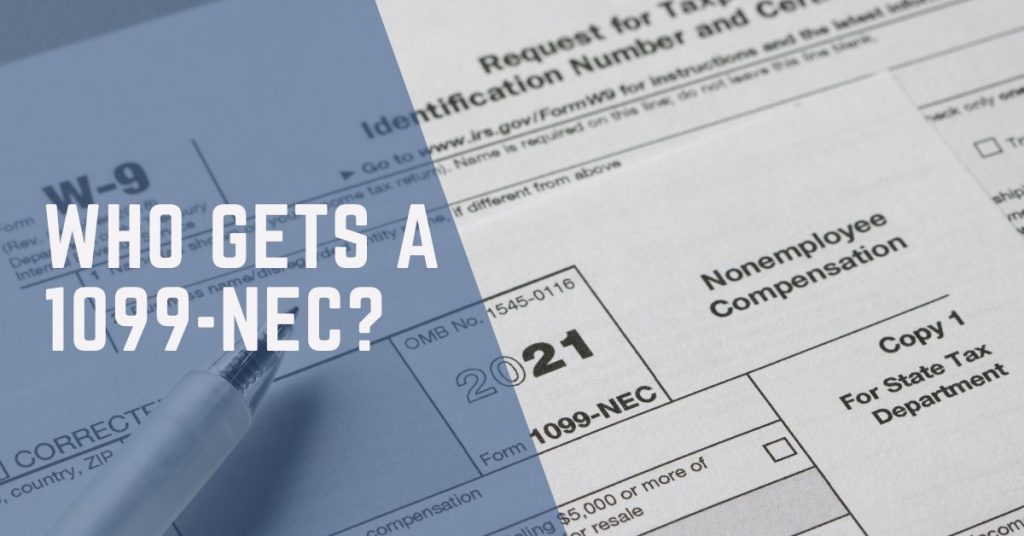Indeed, individuals who receive various types of non-employment income are typically required to receive a corresponding 1099 form to report that income to the IRS. Unlike the wages or salary reported in a W-2 form, 1099s are crucial for documenting income sources beyond traditional employment.
Maintaining a record of income reported on 1099 forms is essential because the IRS cross-references these details with the information provided on your 1040 tax return. This cross-verification process involves matching the data from 1099 forms and W-2 forms against what you report on your tax return, ensuring accuracy and completeness in your income reporting to the IRS.
What are the types of 1099 Forms?
There are actually different types 1099s. Here is a list of just a few:
1099-Int
1099-K
1099-Div
1099-G
1099-C
1099-SA
1099-Misc
1099-NEC
However, we will focus on the 1099-NEC form. Let’s start by outlining the triggers that we need to be aware, so we are in compliance with reporting the 1099-NEC to the IRS by January 31.
Per the IRS, if you operate a trade or business to make profit and if you paid any of the following at least $600 during the year you need to send a form 1099-NEC.
- Services performed by someone who is not your employee (including parts and materials)
- Payments to attorneys (including law firms or other providers of legal services)
-
For each person from whom you withheld any federal income tax under the backup withholding rules regardless of the amount of the payment.
What is the Exception to send a 1099-NEC?
Payments to a corporation (including a limited liability company (LLC) that is treated as a C or S corporation) does not need to receive a 1099-NEC.
The way to know the Business tax treatment is to get it from the form W-9.
Another exception is payments made with a credit card, including third party network transactions. These will be reported on form 1099-K by the payment settlement company.
For form instructions and more exceptions visit https://www.irs.gov/instructions/i1099mec

